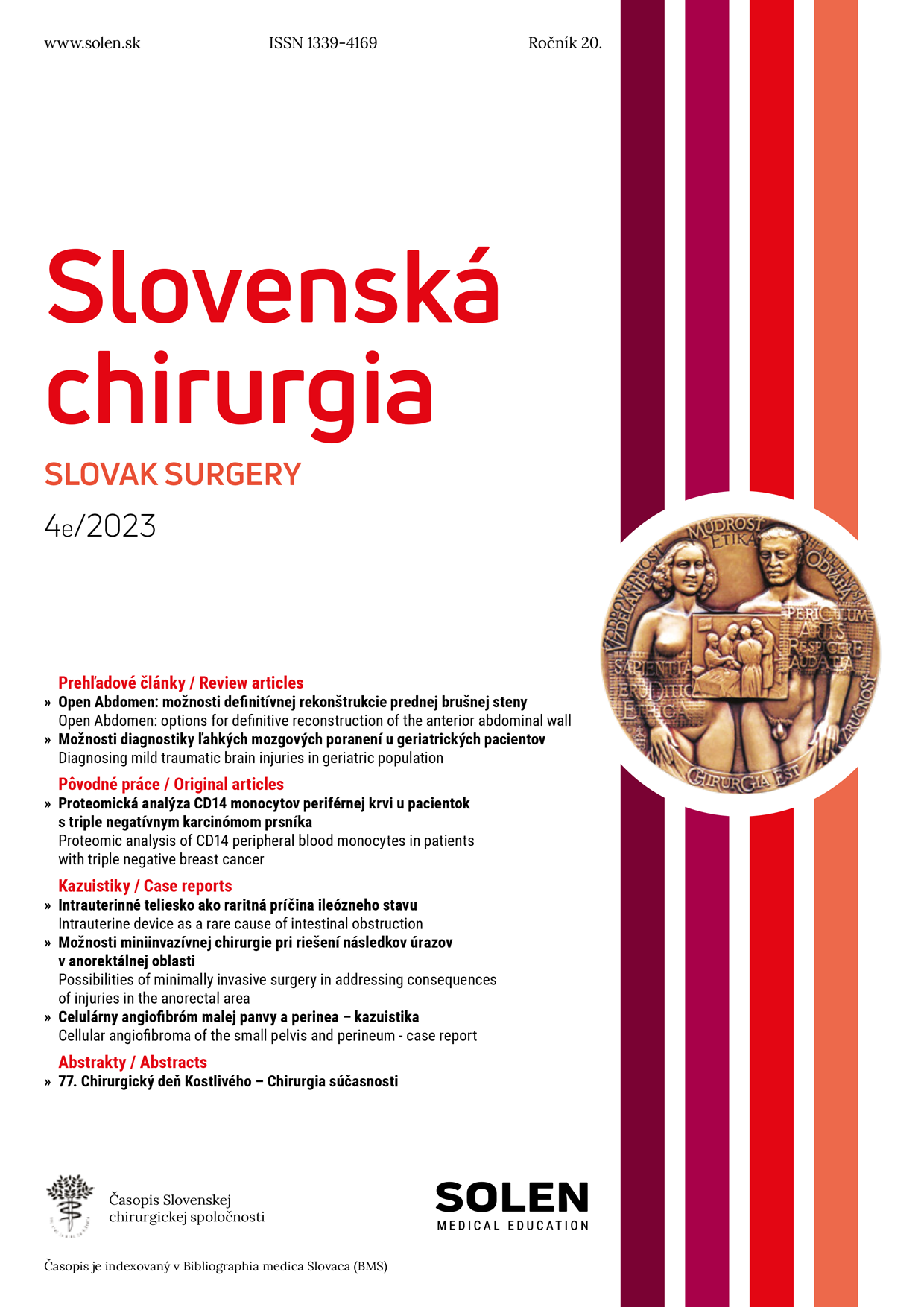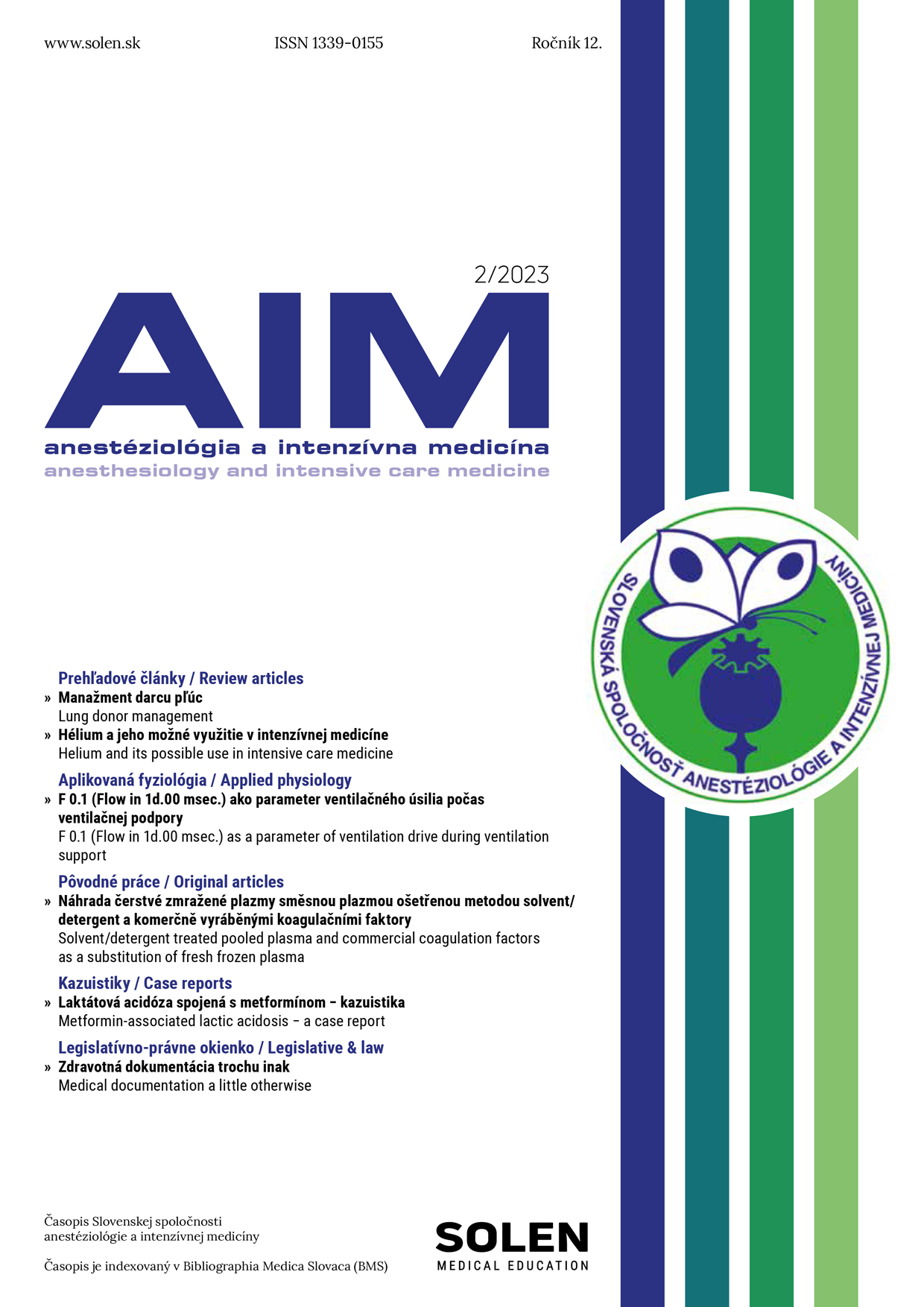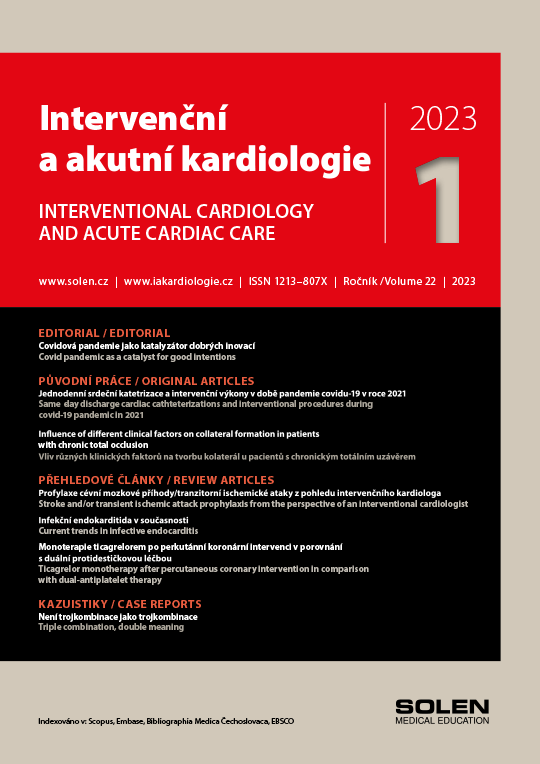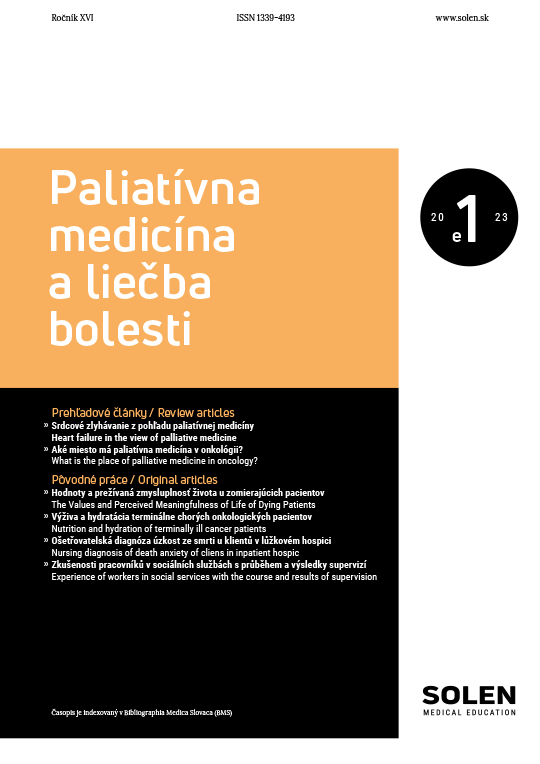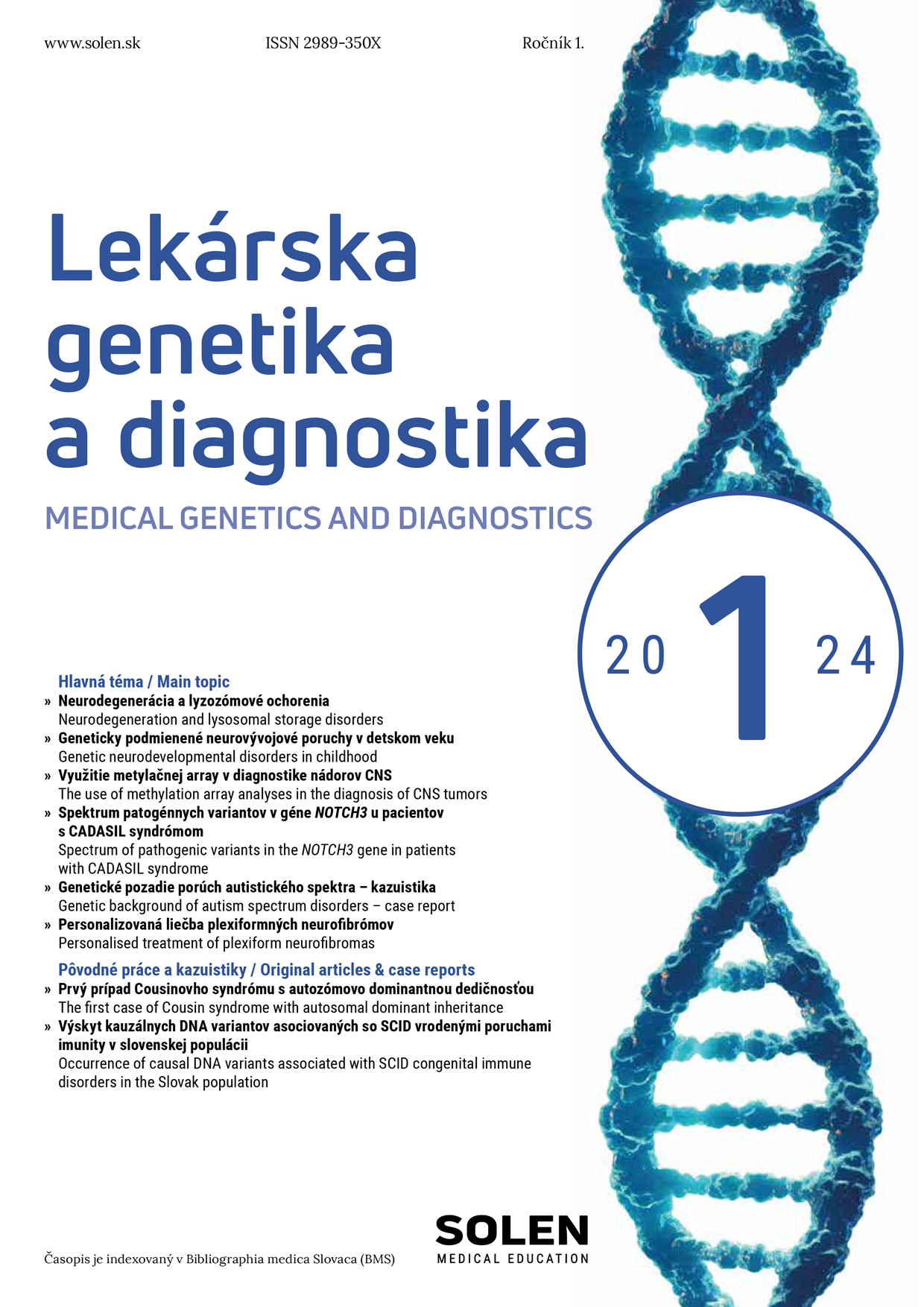Neurológia pre prax 1/2010
Paliativní péče u pacientů ve vegetativním stavu
Termín vegetativní stav poprvé užili Jennett a Plum ve své práci z roku 1972. Vegetativní stav je definován jako klinický stav kompletní poruchy uvědomování si sebe sama a svého okolí doprovázený cyklem spánek-bdění a zachovalou kompletní a nebo parciální autonomní funkcí hypotalamu a mozkového kmene. Paliativní péče v rámci vegetativního stavu zahrnuje medicínskou, sesterskou, rehabilitační, sociální, psychologickou a duchovní péči a všichni pacienti jsou oprávněni tuto péči obdržet. Pozastavení paliativní terapie, včetně pozastavení příjmu tekutin a potravy je ostře diskutovaný problém z hlediska etického, právního a medicínského.
Kľúčové slová: paliativní péče, výživa a hydratace, vegetativní stav, perzistentní vegetativní stav, permanentní vegetativní stav.
Palliative care in patients in vegetative state
The term vegetative state has been first used by Jennett and Plum in their 1972 paper. The vegetative state is defined as a clinical condition of complete unawareness of the self and the environment accompanied by sleep-wake cycles with either complete or partial preservation of hypothalamic and brain-stem autonomic functions. Palliative care in the vegetative state includes medical, nursing, rehabilitation, social, psychological, and spiritual care and all patients are entitled to receive this care. Discontinuation of palliative treatment, including the discontinuation of fluid and food intake, is a point of controversial discussion from ethical, legal and medical points of view.
Keywords: palliative care, nutrition and hydration, vegetative state, persistent vegetative state, permanent vegetative state.


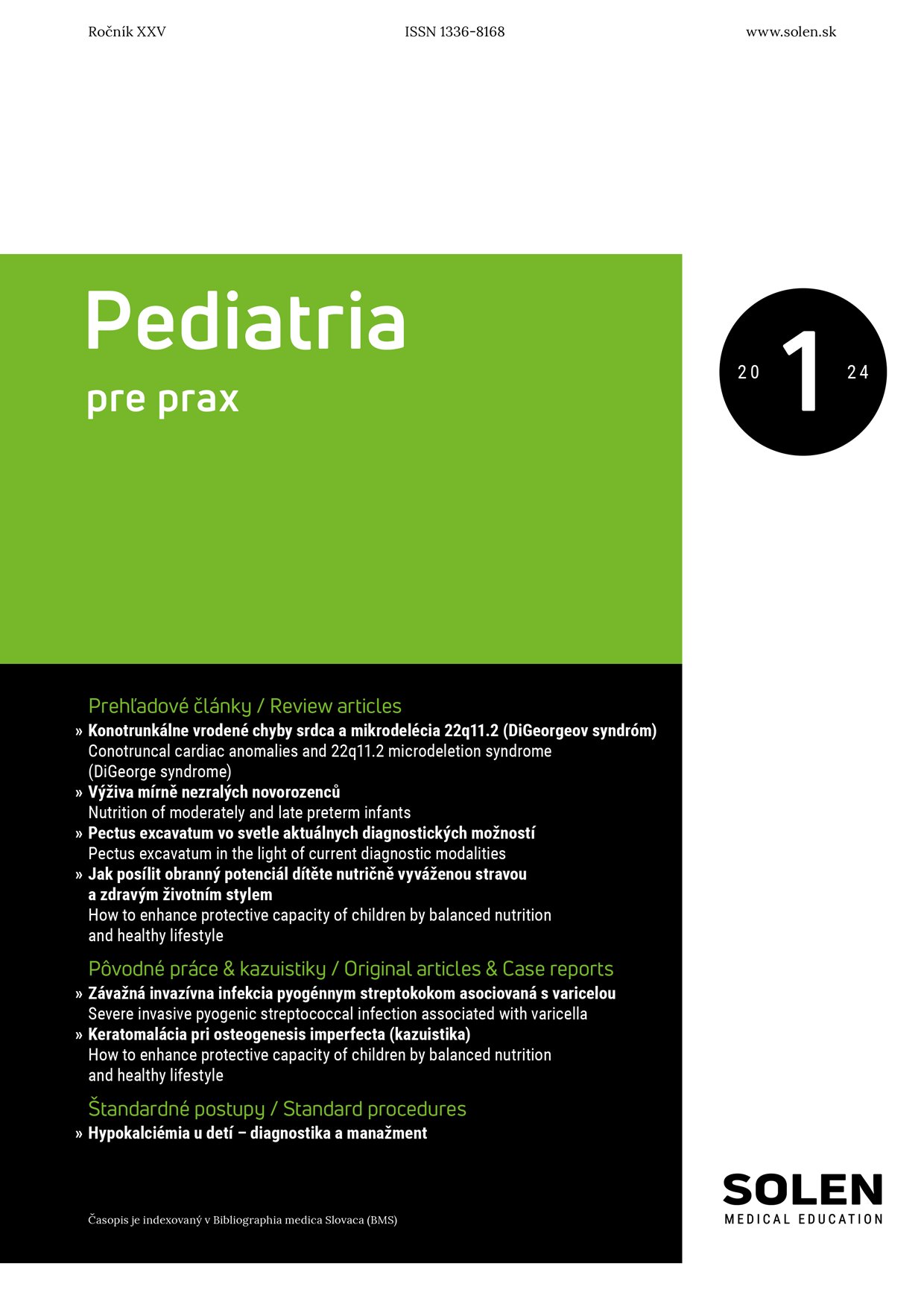
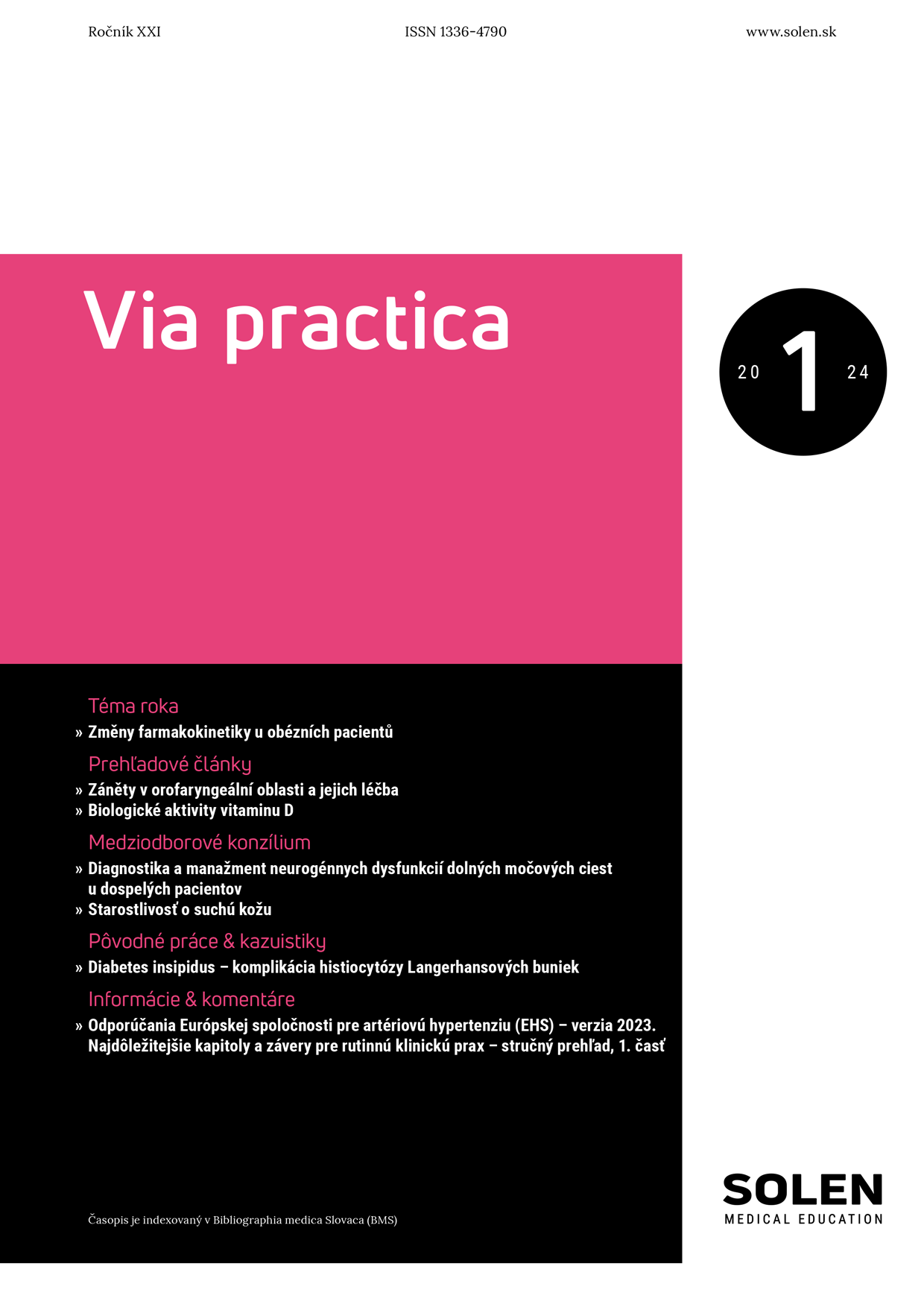
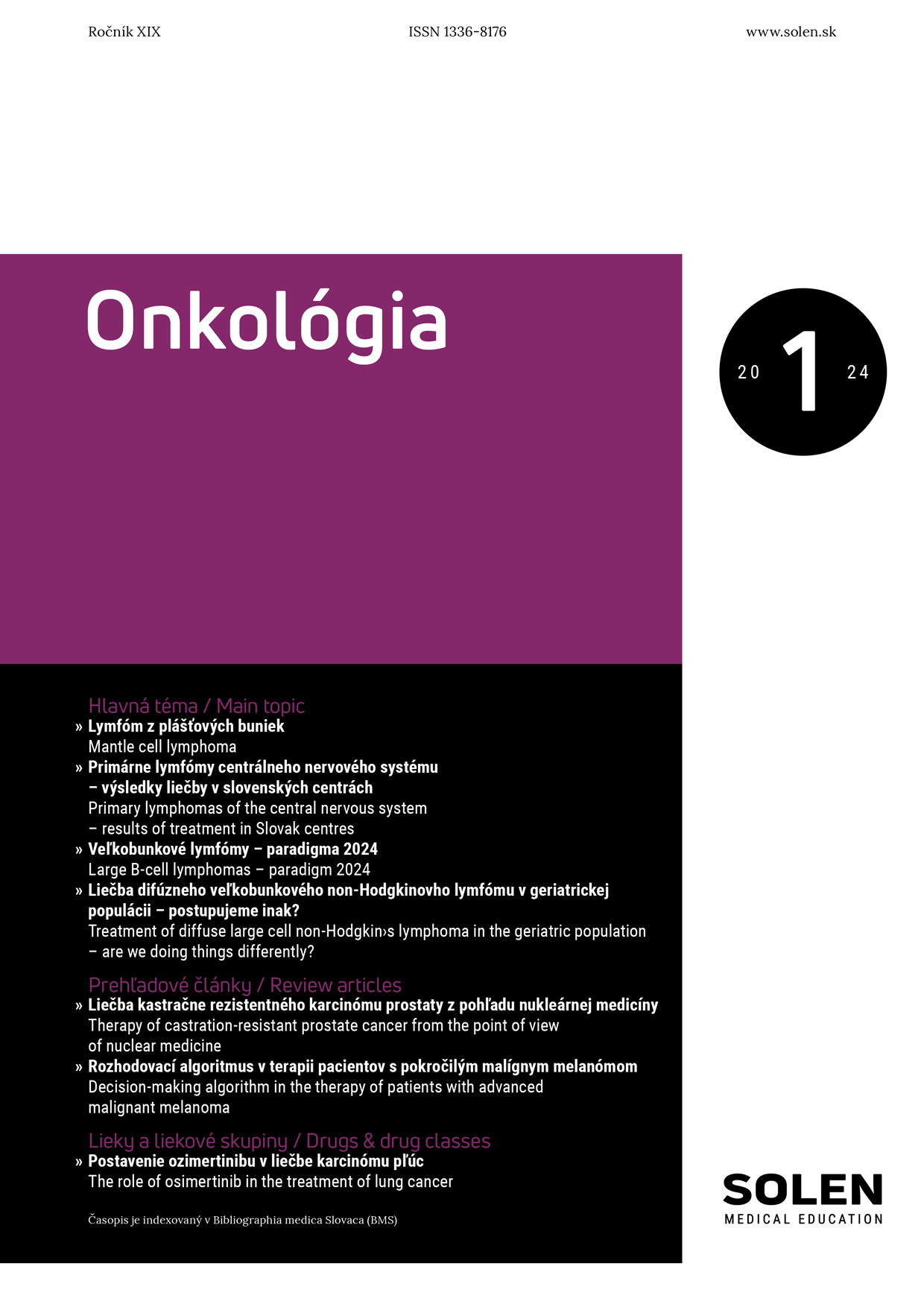
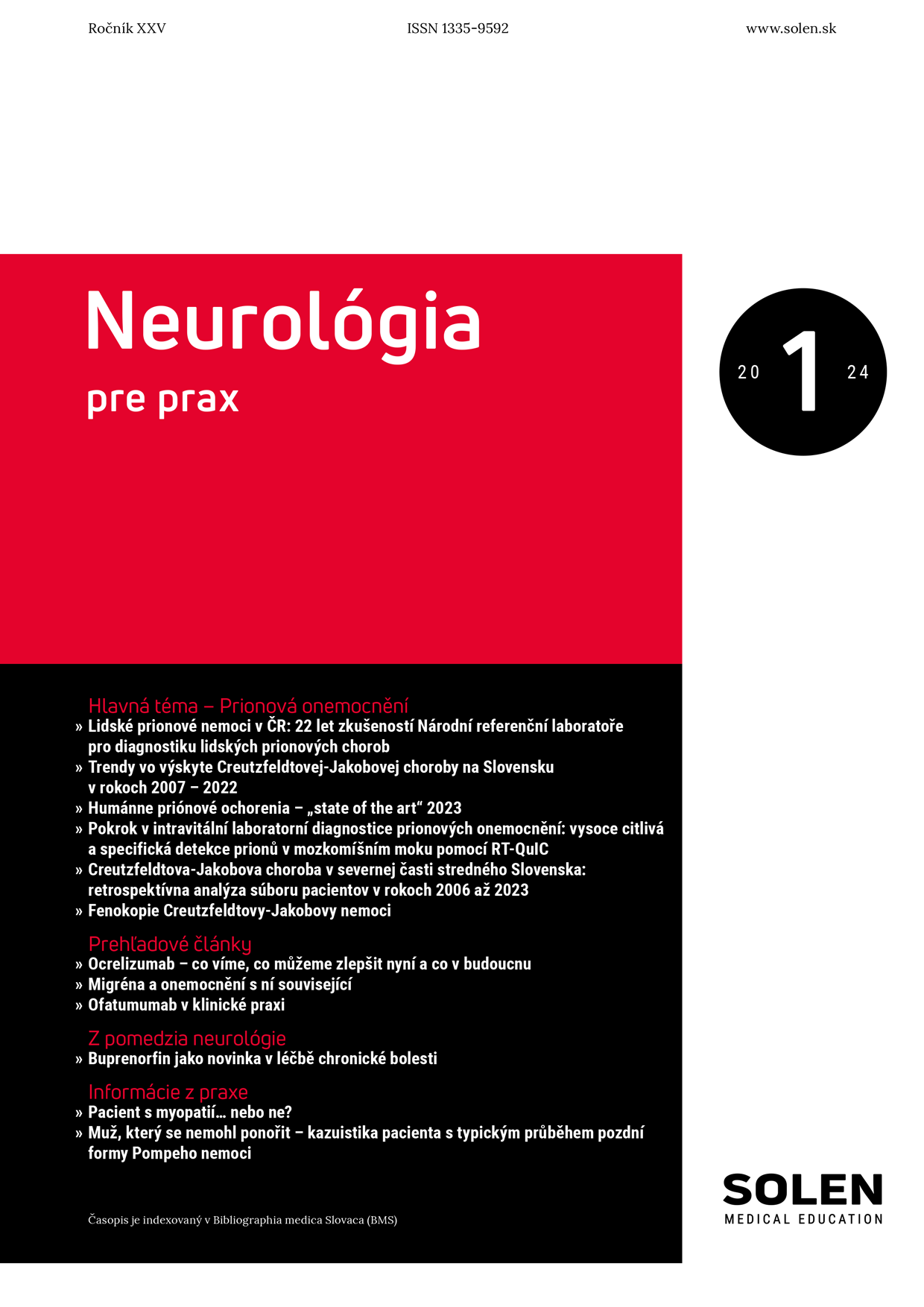
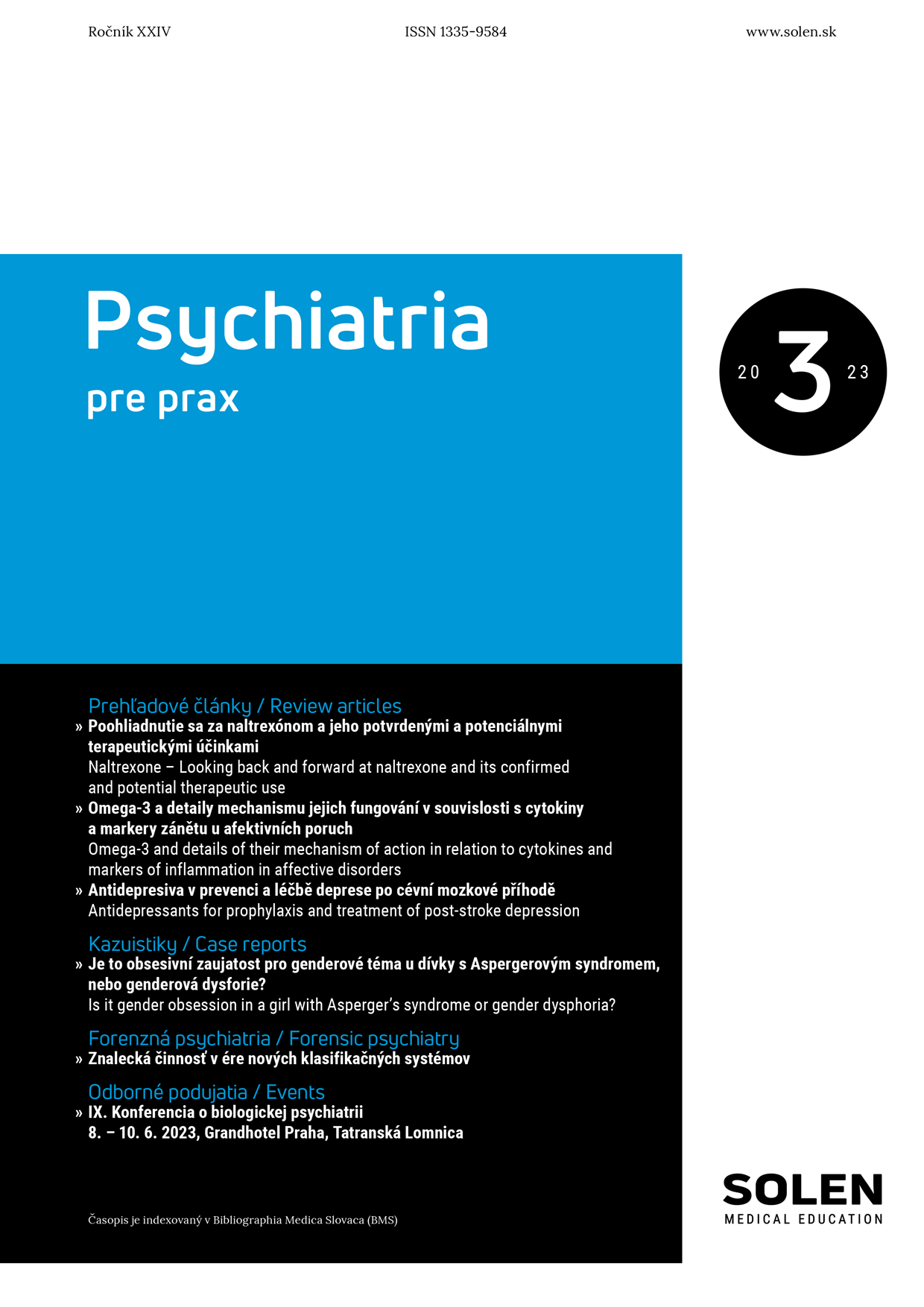
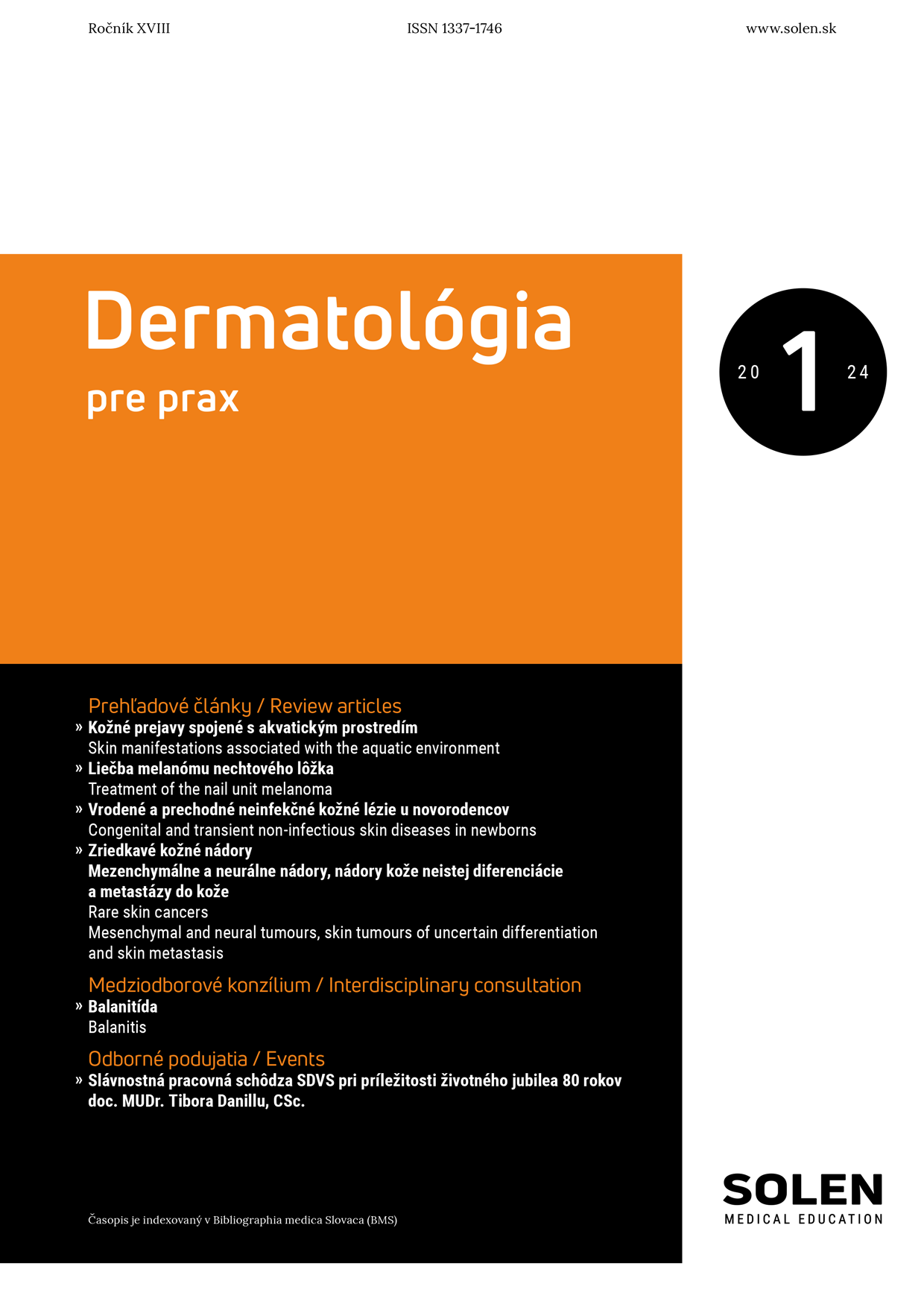
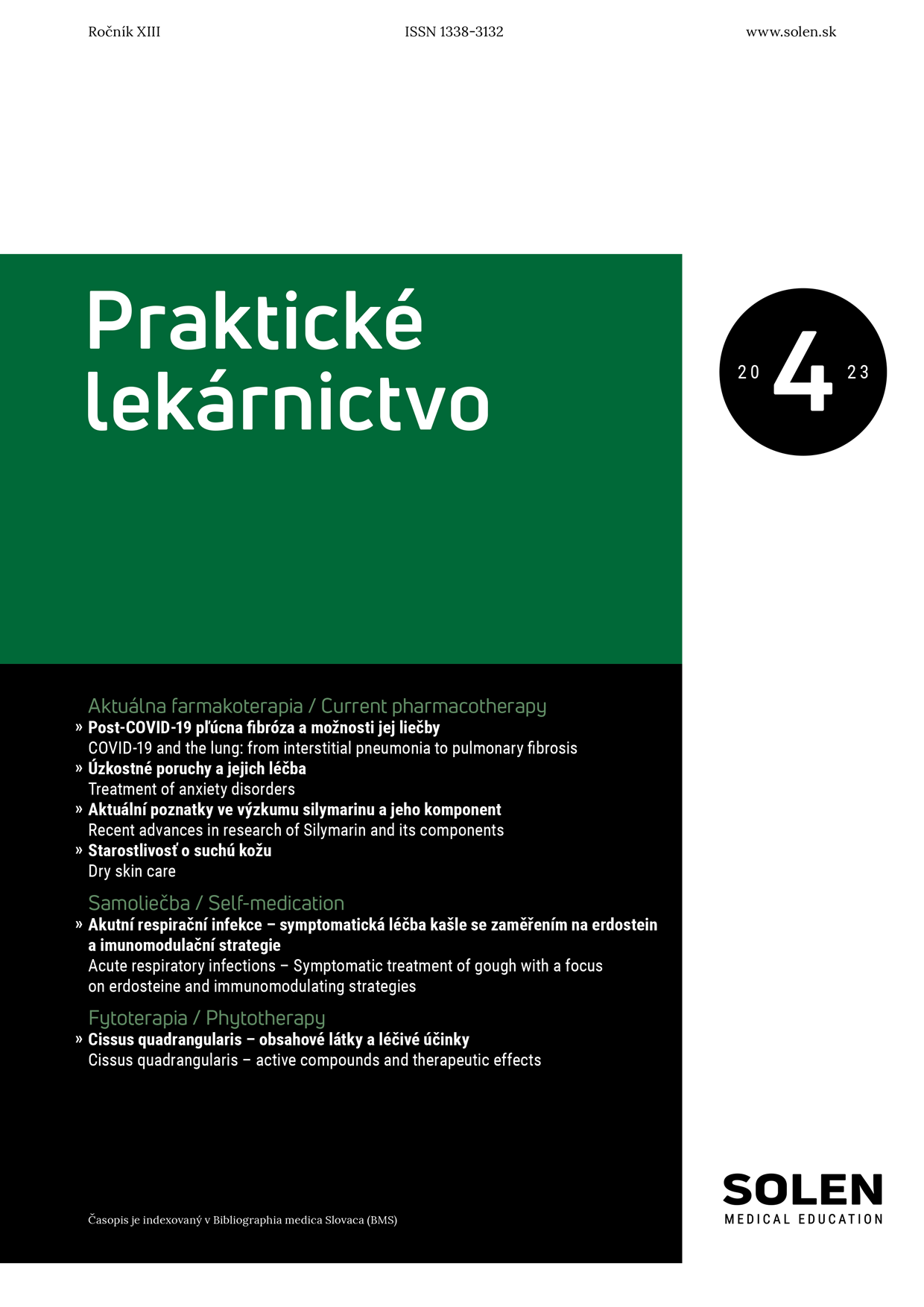
-1.png)
